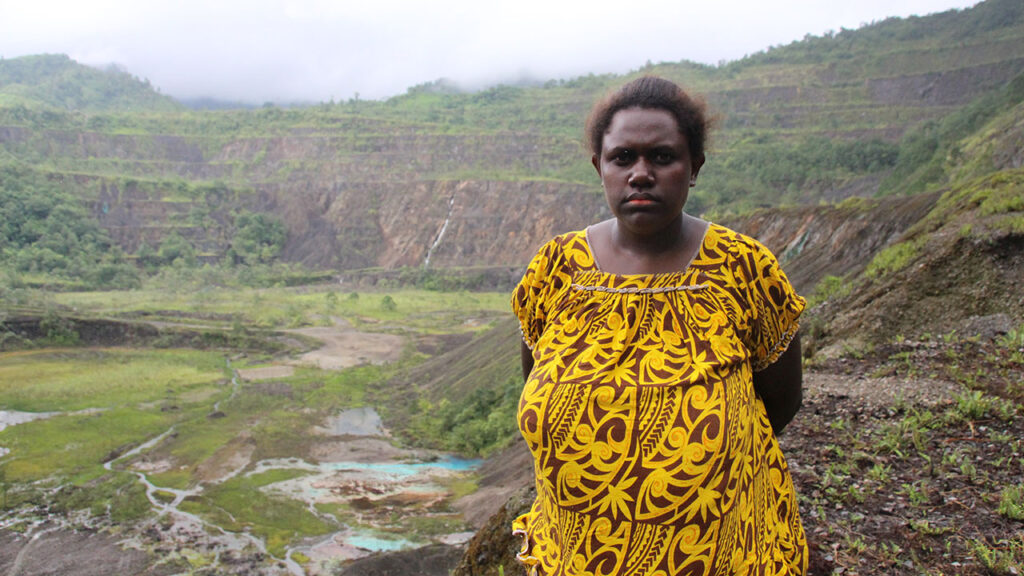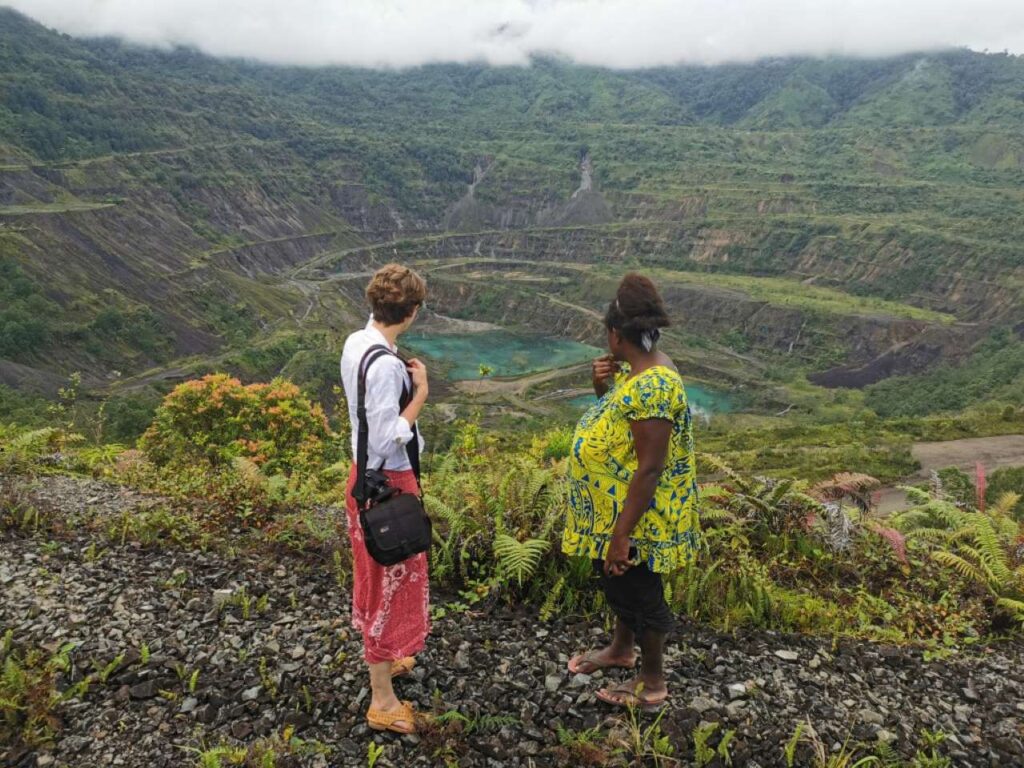Modern Slavery Bill needs penalties to tackle forced labour
The Government’s new modern slavery legislation will not be effective in combating forced labour unless stronger compliance measures are implemented, the Human Rights Law Centre said today.
The Modern Slavery Bill, currently being considered by parliament, will require Australian organisations with a turnover of more than $100 million to publish annual public statements outlining the risks of forced labour in their supply chains and what they are doing to address them.
Last week a Senate Committee charged with reviewing the legislation recommended amendments to improve compliance, including the appointment of an “independent statutory officer” to oversee the reporting scheme and publication of a list of companies required to report under it. However the Committee stopped short of recommending penalties for companies that fail to report or provide misleading information – instead recommending that this issue be reconsidered when the legislation is reviewed in 3 year’s time.
Keren Adams, a Director of Legal Advocacy at the Centre, said that the Committee’s proposals do not go far enough in addressing the Bill’s shortcomings.
“A mandatory reporting scheme is not really mandatory if there are no consequences for companies that fail to comply. Without financial penalties the new laws will lack the necessary teeth to make sure the worst offenders lift their game,” said Ms Adams.
Ms Adams said the evidence heard by last year’s Modern Slavery Inquiry highlighted the urgent need for robust measures to address forced labour in the supply chains of Australian companies:
“We’ve heard horrific stories of abuse linked to some of Australia’s biggest brands. Burmese migrants chained to Thai fishing boats supplying the seafood we eat. Australian surf wear made in North Korean sweatshops. And even here in Australia, people working on farms and in restaurants in slave-like conditions.”
“It is clear that voluntary initiatives in this area have failed. We need strong laws with appropriate consequences to effectively tackle forced labour”.
“The Government must urgently address the weaknesses in this bill and send a strong message to brands that profiting from abuse will not be tolerated,” added Ms Adams.
The HRLC’s submission to the Senate Legal and Constitutional Affairs Legislation Committee is available here.
For interview please call:
Michelle Bennett, Director of Communications, Human Rights Law Centre, 0419 100 519

Bougainville community leaders demand seat at the table in remediation discussions with Rio Tinto
Bougainville community leaders are calling for a seat at the table in discussions about the potential remediation of the environmental devastation caused by Rio Tinto’s former Panguna mine, scheduled to begin in Port Moresby today.
Read more
Major environmental damage and human rights impacts to Bougainville communities confirmed by independent investigation into Rio Tinto’s former Panguna mine
Communities living with the ongoing devastation from Rio Tinto’s former Panguna mine in Bougainville are calling on the company to commit to funding remediation and addressing public safety risks, after a major independent investigation funded by the company confirmed life-threatening, ongoing social, environmental and human rights impacts from the mine.
Read more
Reforms to modern slavery law welcome but need to go further to protect workers’ rights
Civil society groups and unions have welcomed proposed changes to strengthen Australia’s modern slavery law, including through the introduction of penalties, but are calling on the Albanese Government to also introduce a legal requirement for companies to take action to prevent modern slavery.
Read more


